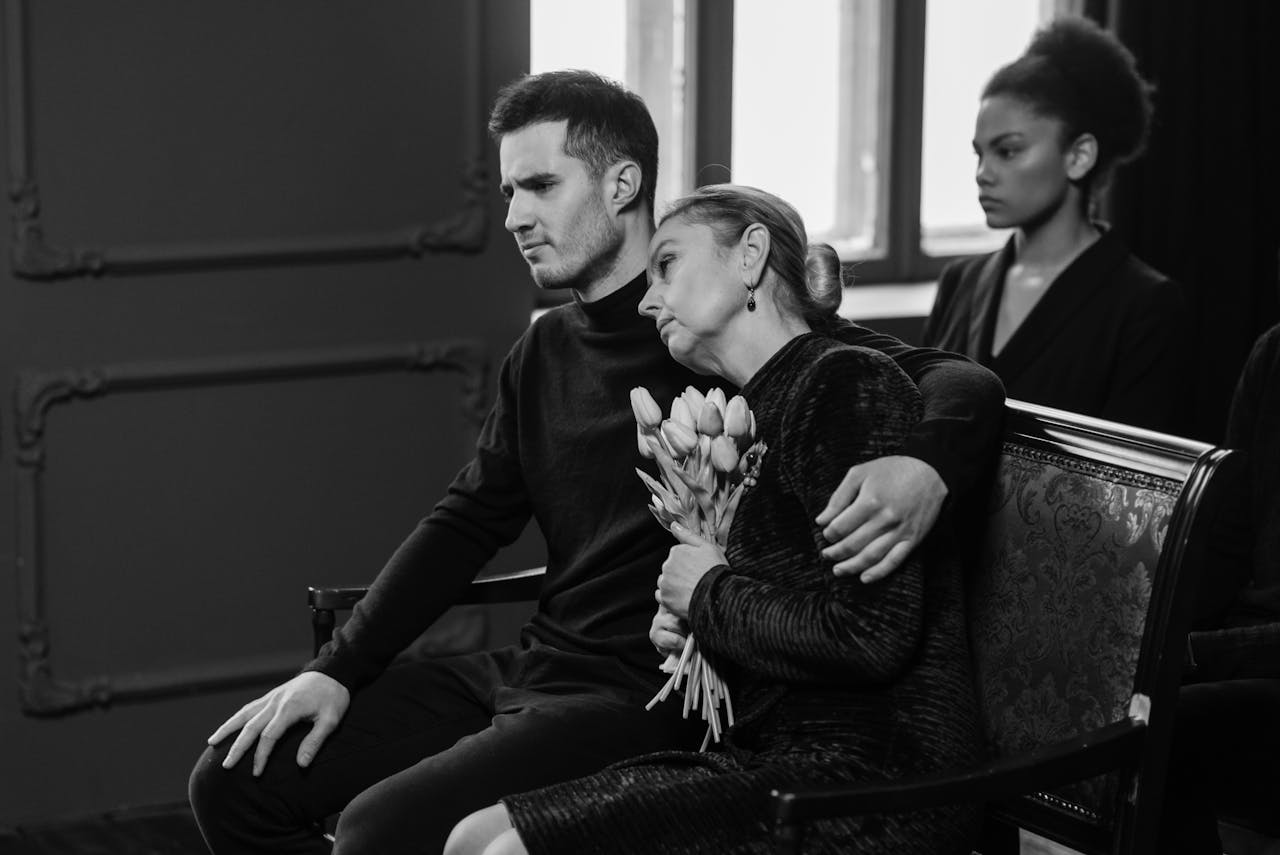While it is common to think of legal matters as falling into only one particular category, such as “personal injury,” “family,” “wills and estates,” “commercial litigation,” etc., there is often an intersection between one or more areas of law. For example, personal injury law commonly overlaps with insurance law in that insurance companies are often liable to pay damages on behalf of an insured who caused damage or harm to another person or their property.
The recent British Columbia Supreme Court decision in Glass Estate (Re) provides an example of how estate law may intersect with family law when a person who dies intestate had been involved in a relationship of undetermined legal status at the time of death.
Woman Seeks Declaration of Spousal Status Related to Deceased
The Glass Estate (Re) case involved an application brought by Theresa McCormick for a declaration that she had been the spouse of the deceased David Wayne Glass at the time of his death. David died intestate in January of 2021, leaving an estate estimated to be worth approximately one million dollars. David also left behind two biological children and at least two step-children, in respect of each of whom David had a fraught relationship that verged on estrangement. Following David’s death and the discovery that there was no will in place to deal with his estate, Theresa commenced an application before the court in which she sought a declaration that she had been David’s spouse at the time of his death, in accordance with the meaning ascribed to the term “spouse” under section 2 of British Columbia’s Wills, Estates and Succession Act.
Legal Principles Applicable to Determination of Spousal Status
The court noted, “it is not appropriate to apply a strict checklist approach to an analysis of a relationship.” However, the courts have provided guidance as to how the determination of whether a relationship is “marriage-like”, should be made. To that end, the court provided the following list of factors to be consulted when assessing whether a person is or was engaged in a marriage-like relationship:
- “shelter, housing and sleeping arrangements
- sexual practices and fidelity
- assistance during illness or injury
- coordination of domestic chores and activities
- participation in social or community activities
- inter and intra family relationships and behaviour; and
- financial arrangements including respective contribution to expense and the acquisition and ownership of property”
The court also quoted a passage from the judgment of the BC Court of Appeal in Weber v Leclerc, in which it was stated that:
“The parties’ intentions – particularly the expectation that the relationship will be of lengthy, indeterminate duration – may be important in determining whether a relationship is “marriage-like.” While the court will consider the evidence expressly describing the parties’ intentions during the relationship, it will also test that evidence by considering whether the objective evidence contradicts those intentions.
Whether a relationship is “marriage-like” will also typically depend on more than just their intentions. Objective evidence of the parties’ lifestyle and interactions will also provide direct guidance on whether the relationship was “marriage-like”.”
The party who seeks the declaration of spousal status is the party that bears the onus of proof on a balance of probabilities (the balance of probabilities means it is “more likely than not” that the party’s position is correct).
Application of Legal Principles to the Facts of This Case
The court reviewed the above-detailed criteria and noted that there was no evidence of any joint banking or financial accounts between David Theresa nor any evidence of financial contributions made by either party to the other. Moreover, the evidence with respect to whether the two had ever, in fact, lived together while engaged in a relationship was unclear. Evidence demonstrated that the two appeared to have dated for at least some period of time, though that does not necessarily automatically translate to a finding of a relationship between two people. As a result, the court was satisfied that “David and Theresa began a friendship in early to mid-2015. They spent time together and presented together in social settings, describing their relationship to others as ‘friends’ without objection.” Although the court was satisfied that Theresa had proven that she had begun to live in David’s condo in February of 2016, “the evidence does not establish, on the balance of probabilities, that the relationship ever matured into a true marriage-like relationship” in particular, given that Theresa had moved out of the property less than two years later. As noted by the court, “Although a friendship continued [after Theresa moved out of David’s condo], including regular and sometimes frequent visits by David to the Hope and Sunshine Valley areas, those visits did not constitute a marriage-like relationship–new, reconstituted or continuing.” Thus, Theresa’s application failed, and she did not receive a declaration that she had been his spouse of David while he was alive.
Contact the Estate Lawyers at Meridian Law Group for Advice on Will and Estate Matters
The estate lawyers at Meridian Law Group are experienced in all facets of estate litigation, including dealing with problem executors, powers of attorney, trust disagreements, and disputes over interpretation of a will. Meridian Law Group’s estate lawyers have the knowledge and skill necessary to compassionately and competently handle your estate matter, ensuring that your rights are asserted and vindicated throughout all proceedings.
Contact an estate lawyer at Meridian Law Group today, either online or by telephone, at (604) 687-2277, to schedule a confidential and comprehensive meeting with one of our capable team members. Meridian Law Group, with offices located in downtown Vancouver, is proud to serve clients throughout the province of British Columbia.


